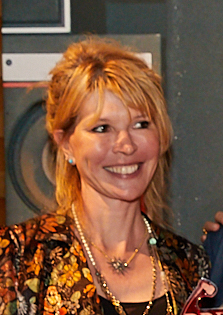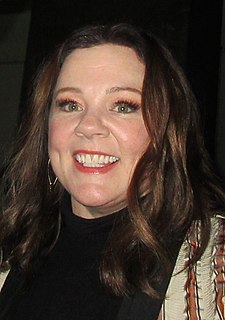A Quote by Josh Becker
Just because it's true, doesn't mean it's believable or interesting.
Quote Topics
Related Quotes
[It's] troubling because it reminds us how difficult it is to prove anything. We like to pretend that our experiments define the truth for us. But that's often not the case. Just because an idea is true doesn't mean it can be proved. And just because an idea can be proved doesn't mean it's true. When the experiments are done, we still have to choose what to believe.
I think '60s are appealing to creative people, because it seemed to be a time of endless possibilities, when the boundaries of what could be considered popular culture were being expanded almost by the week. It doesn't feel like that anymore. At times, I wish it were so. Radio is a perfect example; good God, I mean, back then the most interesting songs were also hits, and that's just not true anymore. It hasn't been true in a long time.
Sometimes we have thoughts that even we don’t understand. Thoughts that aren’t even true—that aren’t really how we feel—but they’re running through our heads anyway because they’re interesting to think about. If you could hear other people’s thoughts, you’d overhear things that are true as well as things that are completely random. And you wouldn’t know one from the other. It’d drive you insane. What’s true? What’s not? A million ideas, but what do they mean?






































